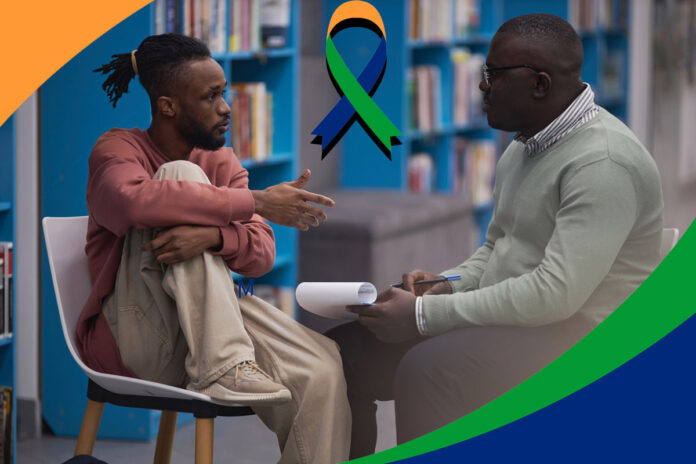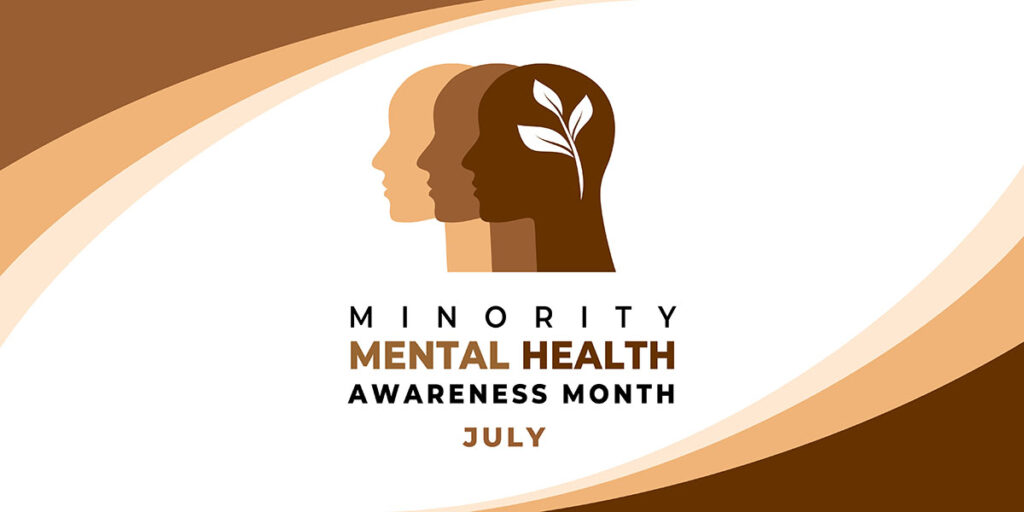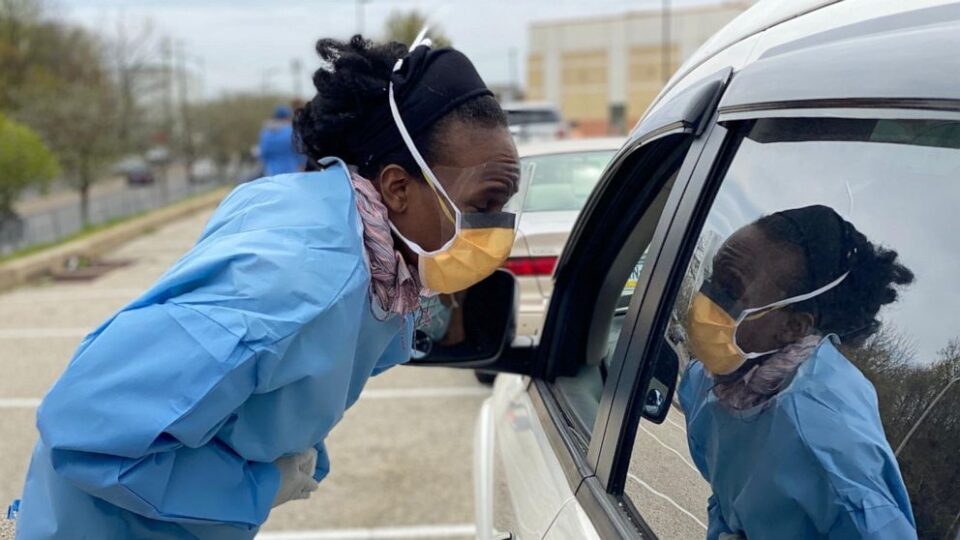In 2008, July was designated as National Minority Mental Health Awareness Month, aiming to address the mental health challenges faced by minority communities in the United States. This annual observance seeks to raise awareness, reduce stigma, and improve access to mental health services for racial and ethnic minority groups.
Studies have indicated that racial and sexual minority communities often experience higher rates of mental health disorders, including anxiety, depression, bipolar disorder, and PTSD. Unfortunately, societal prejudices and discrimination contribute to feelings of rejection and harassment among these stigmatized groups. Additionally, factors such as economic conditions, education levels, and limited access to public health benefits further impact the mental health experiences of different ethnic groups.
Unique Struggles Faced by Minority Communities
National Minority Mental Health Awareness Month sheds light on the unique struggles faced by racial and ethnic minority communities concerning mental illness. Mental health conditions do not discriminate based on race, color, gender, or identity; however, it can sometimes feel that way.
The stigma surrounding mental illness, combined with systemic and historical barriers, exacerbates the challenges faced by marginalized, oppressed, and disenfranchised individuals. Recognizing and addressing these concerns is crucial to providing appropriate and empathetic mental health care.
Impact of the COVID-19 Pandemic On Minority Mental Health
The COVID-19 pandemic had a significant impact on mental health, with an increased prevalence of anxiety and depression symptoms in adults. The extent of this increase is still unclear, but certain populations experienced more pronounced symptoms. Access to mental health and substance use disorder services has long been a challenge for many minorities and those facing economic challenges, with barriers such as cost, limited provider options, and low insurance acceptance. The pandemic further exacerbated these barriers, leading to workforce shortages and an increased demand for services.
A light was shined on the need for telehealth services and call centers like those behind 988. These services became instrumental during this time and their value was seen by all. Sustainable funding for crisis call centers and the development of comprehensive crisis response systems have become ongoing concerns. Addressing these challenges and ensuring equitable access to mental health and substance use services remains a priority.
Empowering Mental Health Caregivers
Addressing the mental health needs of minority communities requires the presence of professional and empathetic mental health caregivers. The role of mental health professionals is vital, especially those who understand the unique experiences, concerns, and traumas faced by marginalized individuals. By recognizing and acknowledging the impact of systemic and historical barriers on mental health, caregivers can provide appropriate diagnoses, support, and treatment to help individuals overcome mental health issues.
National Minority Mental Health Month plays a crucial role in raising awareness, reducing stigma, and improving access to mental health care for racial and ethnic minority communities. By recognizing the unique struggles faced by these communities and addressing the systemic barriers that contribute to mental health disparities, we can work towards achieving mental health equity. Together, we can strive for a society where mental health care is inclusive, empathetic, and responsive to the diverse needs of all individuals.









